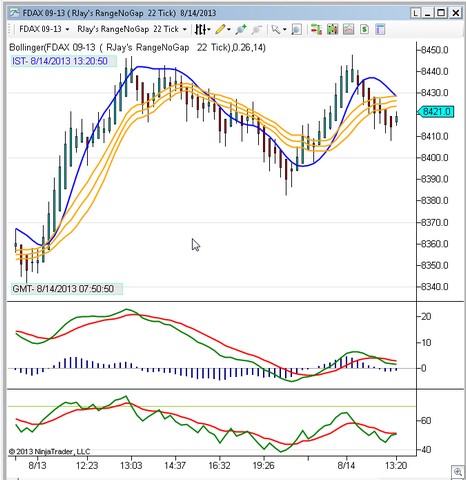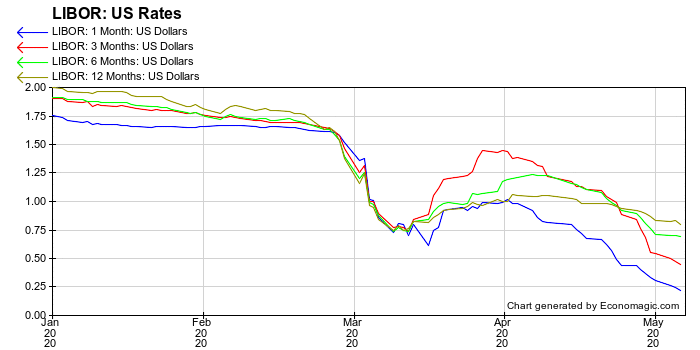Contents:
They are the ones who will send out reminders to debtors. They may also hire lawyers or law enforcement agencies to help collect their debts. Debtors and creditors play a huge role in the overall performance of your business. You need to understand them inside and out if you want to run a successful business.
- Unreal corp. purchased 1000 kg of cotton for 100/kg from X to use as raw material for their clothes manufacturing business.
- Debit entries will be made on the left side of an account while credit entries will be made on the right hand side of the account.
- Finally, debtors typically have more flexible repayment options than creditors.
- On the other hand, the same vendor may be buying these desserts from a dairy business B, making him a debtor for B.
- While it might take businesses a bit of expansion to get to the point where they can safely offer extended payment options, it’s always a good goal to consider.
- In this way, the term debtor means the party who owes a debt which needs to be payable by him in short duration.
Charles has spent 25 plus years in the world of accounting and business. His experience includes working as a CPA/Auditor international accounting firms. He has worked as a controller and as a COO for small to medium sized companies. Contrast the role of contra accounts and adjunct accounts in financial statements. What are the main mechanisms through which creditors can increase the likelihood of being repaid? In 35 words or fewer, explain the difference between a debit and a credit, and explain what the normal balance of the six account types is.
PRODUCTS
Lending creditors are accounted for as long-term liabilities on the balance sheet, just like any other loan due in more than one year. Following convention, only the current portion of the loan repayment schedule is included as a current liability. Debtors have existed for since human existence, but in the context of finance, a debtor is important because they have a direct impact on cash flow. Companies that are unable to collect their debts end up with their own payment issues to their creditors. Many companies that act as vendors to either individuals or companies may keep a running account of debts for all of their regular customers. The sheer number of transactions involved in debtor accounts makes keeping the books difficult for companies with a large customer base.
difference between debtors and creditors are often called borrowers if the money owed is to a bank or financial institution, however, they are called issuers if the debt is in the form of securities. Collectively they form the company’s accounts receivables. Both groups of people work in companies or agencies to manage accounts receivable or debts. Let’s say again that you own a retail store and one of your customers hasn’t fulfilled their payment obligation.
Purpose of a debtor is to record the amount of credit sales made to that person so that payment can be received in future. Purpose of a creditor is to record the credit purchases made from that person so that payment can be made in future. A company has to make bad debt provisions for debtors and if bad debt happens then it is a loss to a company whereas for creditors no such provision is required. The company is the debtor and the bank is the creditor. If a manufacturer sells merchandise to a retailer with terms of net 30 days, the manufacturer is the creditor and retailer is the debtor.
Creditors are a result of credit purchases by the business. Their respective roles are essential to the running of a business or organization.
The difference between debtors and creditors in bookkeeping
Generally, a debtor can initiate the bankruptcy process through a court. Note that only the court can impose the bankruptcy upon a debtor. However, bankruptcy laws and rules can widely vary among different jurisdictions. Debtors and Creditors are both critical financial indicators and important parts of the financial statements of a company. Debtors form part of the current assets while creditors are shown under the current liabilities.
Creditors also bear greater risk than debtors as they can be left unpaid if the debtor does not pay back what was loaned. Complete record of all the debtors is maintained in the form of their personal accounts and also control accounts for trade receivables. A creditor is the one who lends the money, whereas a debtor is the one who owes the money to the creditor.
They can be a secured creditor or an unsecured creditor. When somebody borrows money, they promise to pay it back with interest. They expect the principal plus interest amount back when their loan has been paid off. Within this chart of accounts there will be a ‘balance sheet’ which lists the financial position of the client according to their assets, liabilities and ownership interest. This balance sheet will be followed by an ‘income statement’ which lists the client’s income, equity, expenses, gains and losses. Debtor and creditor are the accounting terms used for receivables and payables.
Debtor vs. Creditor
Every debt recovery service is unique, so we train our teams to give tailor-made advice towards the right solution. Creditors can be used to describe a person who gives a loan to any other person and in return, he supposes to get interest on the loan he is giving. BondsBonds refer to the debt instruments issued by governments or corporations to acquire investors’ funds for a certain period.
On the contrary, a creditor represents trade payables and is a part of the current liability. A creditor is a person or entity to whom the company owes money on account of goods or services received. In finance, the debtors generally refer to a person, party, or entity that owes money to another entity or a party. On the other hand, creditors refer to individuals, parties, government institutions, or companies that lend or extend credit to another party or entity. A creditor is a person or organization to whom money is owed. The debt may be in the form of a loan, Line of Credit , Mortgage, or overdraft.
Selling and purchasing of goods on credit change the relationship between buyer and seller into debtor and creditor. Debtors are the one, to whom goods have been sold on credit, whereas Creditors are the parties who sold the goods on credit. They both are relevant for an effective working capital management of the company. If there is no possibility to meet the financial obligations, a debtor may file for bankruptcy to seek protection from the creditors and relief of some or all debts. Both individuals and companies can file for bankruptcy.
Understanding Debtors
What are some other examples of the differences between financial management and financial accounting? Identify which types of accounts have a normal debit balance and which types of accounts have a normal credit balance. Describe two advantages of performing reconciliations of the cash account to the balances on the bank statements. What are the three primary methods used to determine interest charges on an unpaid credit balance?
NC Appeal Court Rules in Favor of Judgment Creditors – The National Law Review
NC Appeal Court Rules in Favor of Judgment Creditors.
Posted: Fri, 24 Feb 2023 20:55:29 GMT [source]
Debtors are the current assets of the company, i.e. they can be converted into cash within one year. They are shown under the head trade receivables on the asset side of the Balance Sheet. In general, debtors are the parties who owes debt towards the company.
What is the distinction between debtor and creditor?
This can be done through a https://1investing.in/ institution such as a bank, or directly to another individual. Once the money has been loaned, the party who loaned the money becomes the creditor. The party who received the loan then becomes the debtor.
Some of the offers on this page may not be available through our website. If you’re considering lending money to someone else, whether it’s someone you know or a stranger, think carefully about their ability and willingness to repay the debt. Keep in mind that it might impact your financial situation if someone who owes you money defaults on their end of the agreement. If you pay the loan in full, you’ll receive the deed and own the property outright. If you refinance the debt, your new creditor will pay off the original loan, and the original creditor will transfer the deed to the new one.
For the latest updates, news blogs, and articles related to micro, small and medium businesses , business tips, income tax, GST, salary, and accounting. There is no creation of doubtful debts in the case of creditors. The term debtor has been derived from the Latin term ‘debere’, meaning debt, while the term creditor comes from the Latin root ‘creditum’.
When a company is a debtor to a creditor, managing cash flow carefully is important. Without adequate cash flow into the company, a business will not have the capital to pay off its debts. This can cause vendors to halt services or can even cause the business itself to be closed or sold. Account PayableAccounts payable is the amount due by a business to its suppliers or vendors for the purchase of products or services. It is categorized as current liabilities on the balance sheet and must be satisfied within an accounting period. The creditor generally charges interest on the loan extended by him.





